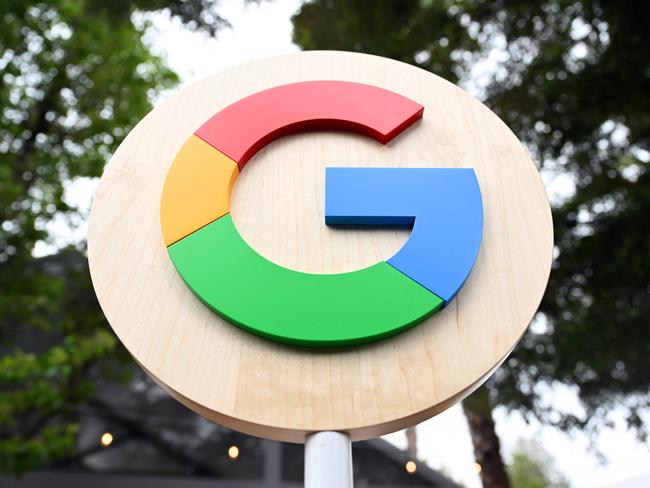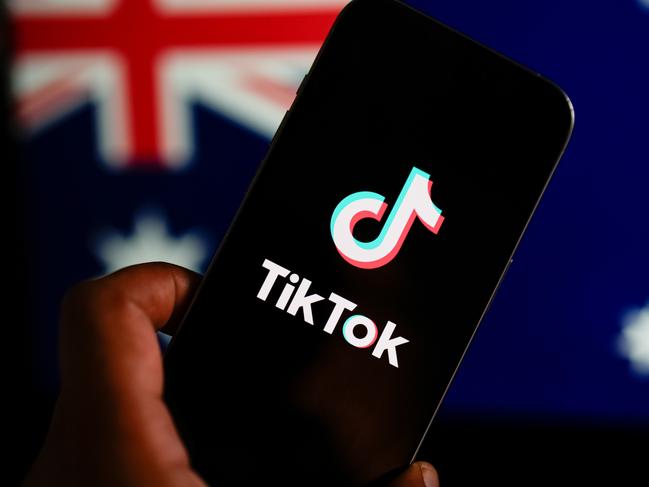Australian News Media Bargaining Code explained
The federal government has unveiled its proposal to force tech giants to pay for Australian journalism or risk harsh penalties. See how it affects you.
Technology
Don't miss out on the headlines from Technology. Followed categories will be added to My News.
Tech giants will be forced to fund Australian journalism or risk financial penalties greater than the cost of compensating news organisations for content.
The federal government on Thursday unveiled its proposal to bolster the News Media Bargaining Code and bring companies like Meta back to the negotiating table after it walked away from talks with Australian publishers earlier this year.
Labor will consult on the changes in the coming months. Here’s how the proposal works:
What is it for?

In 2021, Australia created the News Media Bargaining Code requiring companies like Google and Meta to negotiate commercial agreements with local media organisations to fairly compensate them for the news content on their social media platforms and search engines.
The code was introduced in response to concerns the digital giants had eroded the advertisement revenue of news organisations, while also profiting off the journalism content they created.
Why is it changing?

In March, Meta announced it would not be renewing its deals with Australian media organisations when they expired this year.
Under the code, the government could “designate” Meta and force it back into talks, however, there was a strong risk the social media giant would simply remove all news content from its platforms.
Meta did this in Canada in August 2023, leading to what researchers there have found was a significant decline in the amount of news Canadians consume.
Assistant Treasurer Stephen Jones said the government wanted Australians to continue to have “access to quality news content on digital platforms”.
“Digital platforms receive huge financial benefits from Australia, and they have a social and economic responsibility to contribute to Australians’ access to quality journalism,” he said.
What is the change?
The federal government has announced a News Bargaining Incentive, which is designed to entice social media and search engines back to the negotiating table by making it more commercially viable than walking away from the deals.
Which platforms are impacted?

Any social media or search engine company with an Australian-based annual revenue of $250 million and above will be captured by the regulation.
This includes Meta – owner of Facebook and Instagram – as well as Google and, for the first time, ByteDance, which owns TikTok.
This revenue limit means X Corp is unlikely to be within the scope of the amended code, while it is unclear if Microsoft, as owner of LinkedIn, and Apple – through Apple News – will be included.
How will it work?
Using the value of the deals made with Australian publishers in 2021 as a benchmark, digital platforms will be required to negotiate new agreements of comparable value.
The precise figure is unknown, but Meta’s initial three-year deals with Australian media were estimated to be worth a total of $200 million.
Any digital platform that refuses to reach a new deal would be financially penalised with a levy through the tax system higher than it would have cost to make a deal with publishers.
How have tech giants responded?

Meta has released a statement saying while it agrees with the government the current law is “flawed”, the company said the new proposal “fails to account for the realities of how our platforms work”.
The owner of Facebook and Threads, a site similar to Twitter, has long argued its users do not come to its platforms for news content, which media organisations have disputed.
A Google spokesman said the company had “continually demonstrated” strong support for public interest journalism, having signed funding agreements with more than 80 Australian news companies representing 218 outlets since 2021.
But he argued the government’s incentive risked the “ongoing viability” of commercial deals, and said Google would have “more to say” once it had reviewed the announcement.
The spokesman also highlighted that Australians were increasingly turning to platforms like Microsoft (through LinkedIn), Snapchat and Apple for news content and this should be “reflected in any proposed measure” by the government.
More Coverage
Originally published as Australian News Media Bargaining Code explained





